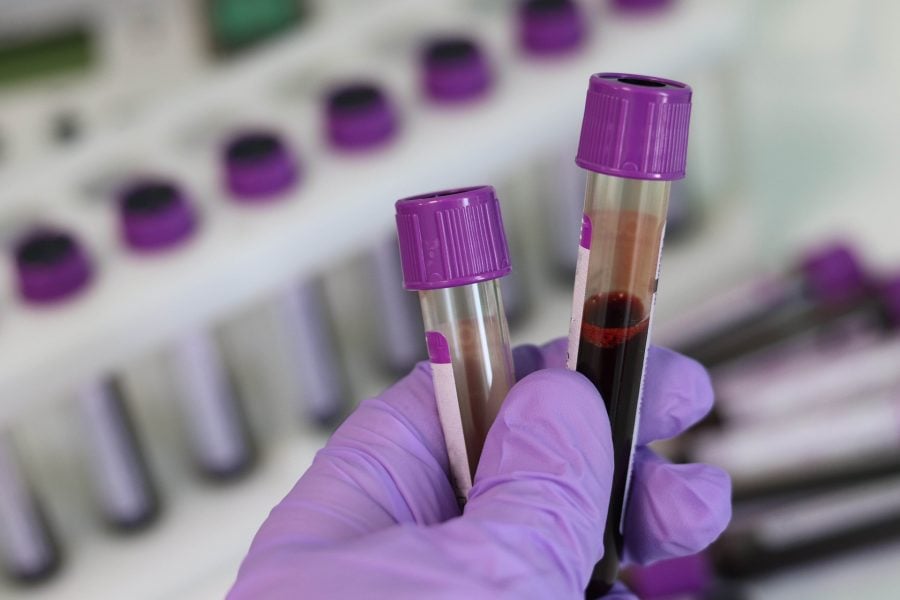Taking charge of your health is one of the most empowering decisions you can make. When it comes to sexually transmitted diseases (STDs), early detection and treatment can make all the difference. In Dubai, where health services are top-tier, STD testing is accessible, reliable, and essential for maintaining your well-being. This step-by-step guide will help you understand the importance of STD Test Dubai, the process involved, and how to protect your health.
Why is STD Testing Important?
STD testing plays a vital role in the prevention and treatment of infections. Many STDs show no symptoms in their early stages, which means people may unknowingly pass them to others. Regular testing not only protects your own health but also helps prevent the spread of these infections to your partners. Early detection makes it easier to treat many STDs, preventing complications that could affect long-term health, such as infertility or organ damage.
The Step-by-Step Process of STD Testing in Dubai
Understanding the process of STD testing can make you feel more comfortable and informed. Here’s what to expect when you decide to get tested:
Step 1: Consultation with a Health Professional
Before getting tested, you’ll meet with a healthcare provider to discuss your sexual health and any potential risks. This consultation is private and ensures that the right tests are recommended based on your history and symptoms. Some clinics may offer anonymous consultations if you prefer discretion.
Step 2: Selection of Tests
There are various types of STD tests available, each designed to detect different infections. The healthcare provider will guide you on the appropriate tests, which may include screenings for:
- Chlamydia
- Gonorrhea
- Syphilis
- HIV
- Herpes
- Hepatitis B and C
Some tests involve a simple blood sample, while others may require a urine sample, swabs, or physical examinations. Your healthcare provider will explain what is required for each test.
Step 3: The Testing Procedure
Once the tests are selected, the healthcare professional will perform the necessary procedures. Blood draws or urine samples are generally quick and painless. If swabs are needed, they’ll be taken from areas like the throat, genitals, or rectum, depending on the symptoms or risk factors.
Step 4: Waiting for Results
After the tests are completed, you will need to wait for the results. Depending on the test and lab, the results may take a few days to come back. During this time, it’s important to stay calm and take care of yourself.
Step 5: Receiving Your Results
Once the results are available, the healthcare provider will share them with you in a confidential manner. If the results are negative, it’s a positive sign for your health, but regular testing should still be part of your routine. If the results are positive, your provider will discuss the next steps, including treatment options and how to manage the condition.
Step 6: Treatment and Follow-Up
If you test positive for an STD, don’t worry—most STD Test in Dubai, especially when detected early. Treatment options vary depending on the infection. For bacterial infections like chlamydia or gonorrhea, antibiotics are typically prescribed. For viral infections like HIV or herpes, antiviral medications may be used to manage symptoms and reduce the risk of transmission.
Follow-up appointments may be necessary to ensure the infection is completely treated and to monitor your health. Your healthcare provider will offer guidance on how to prevent future infections.
Benefits of STD Testing
Getting tested regularly offers numerous benefits, including:
- Peace of Mind: Regular testing can reassure you that you’re not carrying an infection, which is particularly important in relationships and for personal health.
- Early Detection: Catching STDs early means easier and more effective treatment, reducing the risk of complications.
- Prevention of Spread: By knowing your status, you can take steps to protect your partners and prevent the spread of infections.
- Better Long-Term Health: Untreated STDs can lead to serious health issues. Regular testing helps avoid these potential complications.
Post-Treatment Care and Prevention Tips
If you’ve been treated for an STD, it’s crucial to follow your healthcare provider’s advice. Here are some post-treatment tips to ensure a speedy recovery and reduce the likelihood of reinfection:
1. Complete Your Treatment
Always complete the full course of antibiotics or antiviral medications, even if you start feeling better. Stopping treatment early can cause the infection to return.
2. Follow Safe Practices
To prevent future STDs, always practice safe sex by using condoms, especially with new or multiple partners. Discuss sexual health openly with your partner to ensure mutual understanding and responsibility.
3. Regular Testing
Even after successful treatment, it’s wise to continue with routine STD screenings. Regular testing helps maintain your health and peace of mind.
4. Inform Your Partner
If you’ve tested positive for an STD, it’s crucial to inform your sexual partners so they can also get tested and treated if necessary. This helps break the chain of transmission.
Conclusion
STD testing is a responsible, proactive step to protect your health and well-being. In Dubai, access to reliable and confidential testing is simple, ensuring that you have the resources to maintain your sexual health. Remember, regular testing can catch infections early, prevent long-term complications, and help you stay informed about your health. Whether you’re in a relationship or not, taking care of your sexual health should always be a priority.





Comments